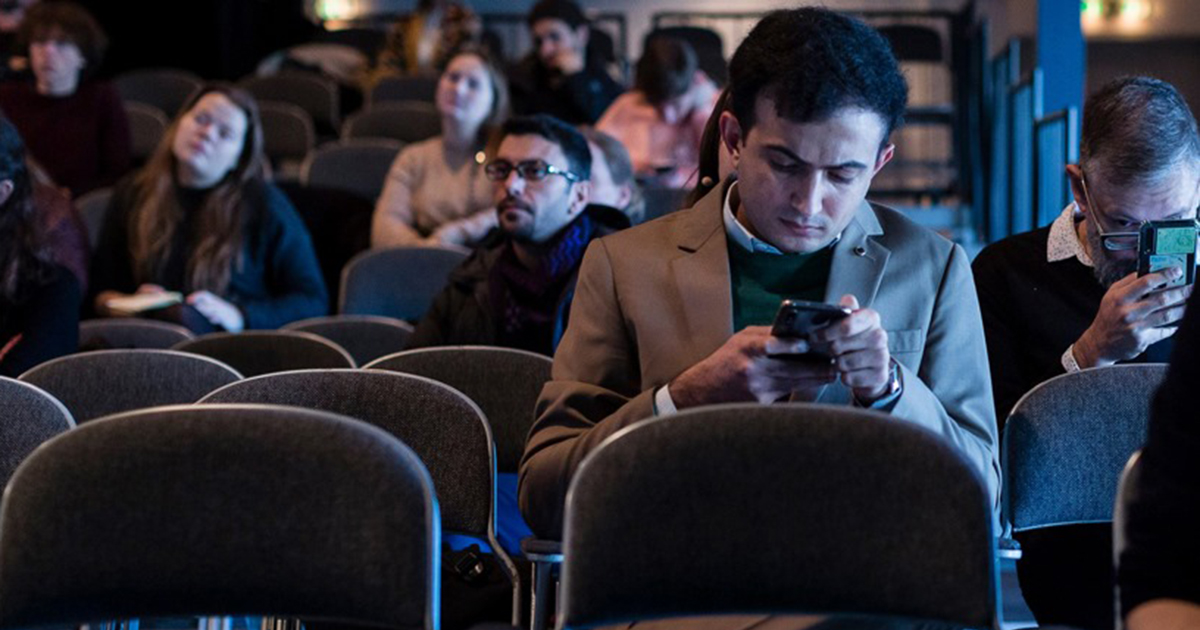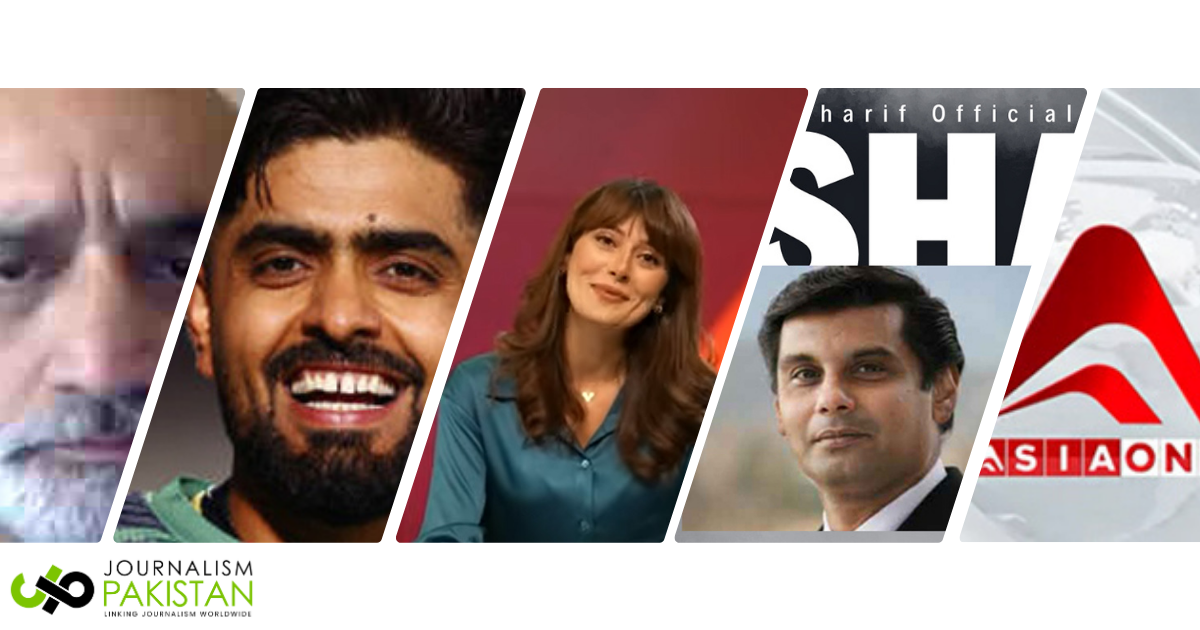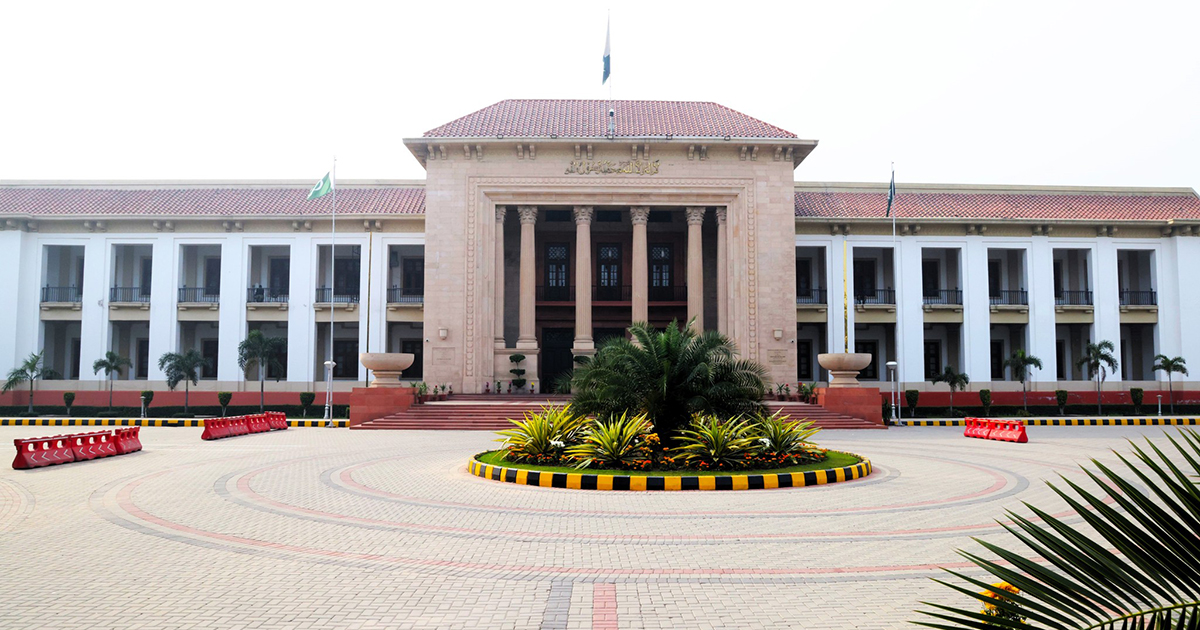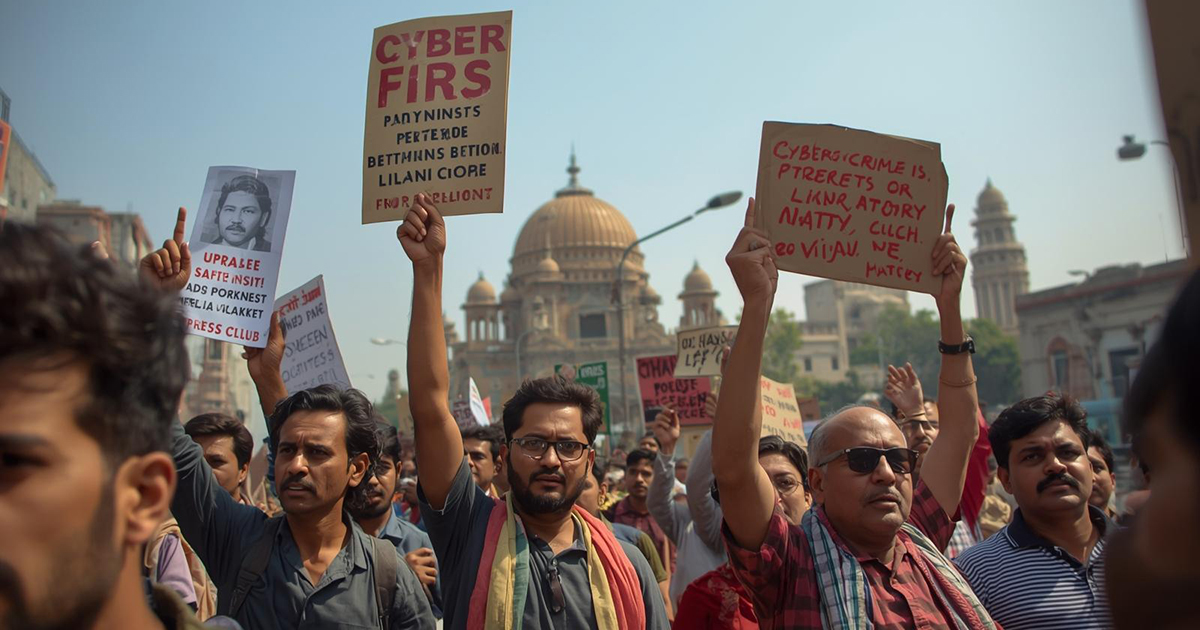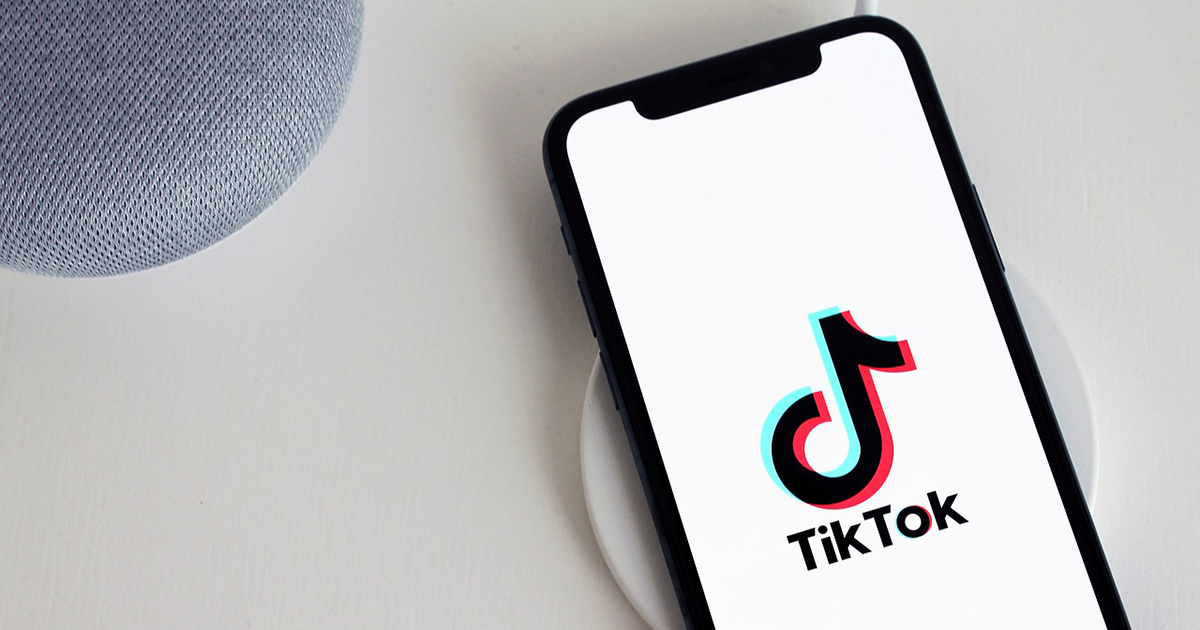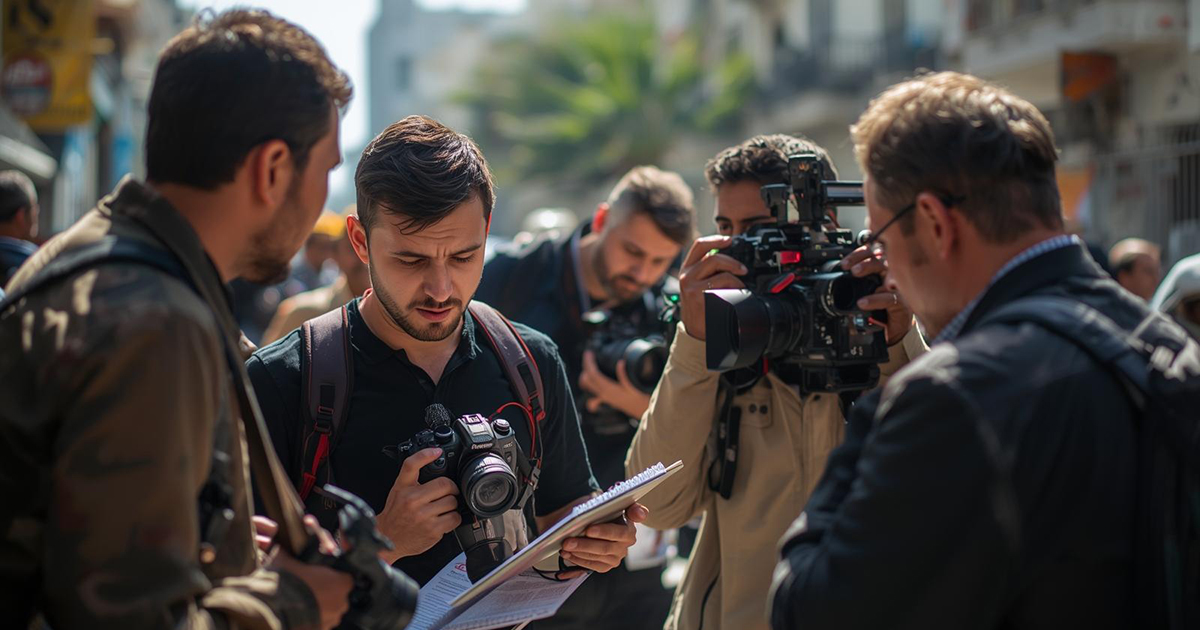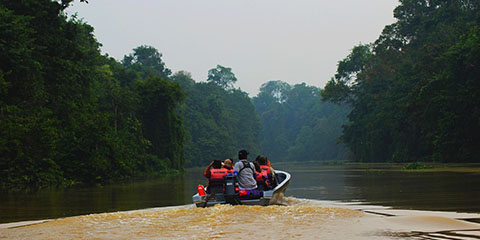Pakistan tells YouTube to block 'objectionable' content
JournalismPakistan.com | Published: 30 August 2020
Join our WhatsApp channel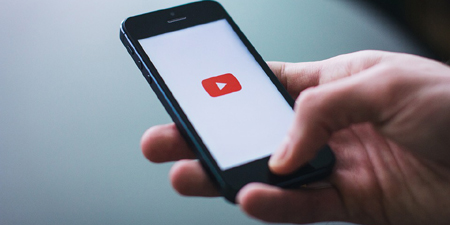
Pakistani regulators have asked YouTube to immediately block all videos they consider "objectionable" from being accessed in the country, a demand criticized by rights campaigners.
There are already fears about creeping censorship and muzzling of the press and activists in Pakistan, with existing or proposed restrictions limiting free speech, usually in the name of Islam or national security.
In a statement Thursday, the Pakistan Telecommunication Authority (PTA) said it has asked YouTube to "immediately block vulgar, indecent, immoral, nude and hate speech content for viewing in Pakistan".
The PTA said viewing such content has "extremely negative effects" and can foster "repugnant discord".
YouTube did not immediately respond to a request for comment Friday, and a PTA spokesman declined to speak about the authority's next step if the Google-owned platform does not comply.
In July, the PTA issued a final warning to Chinese-owned social media app TikTok, ordering it to filter any obscene content.
It also blocked the video-streaming app Bigo Live, though the ban was lifted after a few days once the platform agreed to moderate "immoral and indecent content".
This is not the first time Pakistani authorities have targeted YouTube.
It was blocked in the Muslim-majority country in 2012 after a US-made film that negatively depicted the Prophet Mohammed (PBUH) and triggered violent protests across the Islamic world.
Access was restored in 2016 after YouTube launched a country-specific version ensuring the filtering of content deemed blasphemous.
Free speech campaigners were quick to criticize the latest PTA demand.
"The PTA does not make any effort to narrowly tailor its request or define what it means by terms such as 'vulgar' and 'immoral'," digital rights advocate Nighat Dad told AFP.
While countries can ask social media platforms to take down specific content in accordance with local law, YouTube does not always comply if the requests go against international norms and principles, she added.
"Social media companies such as YouTube have various human rights commitments and... have to uphold principles relating to the right to privacy, freedom of expression and right to access to information."
In a recent attempt to tighten control, lawmakers in Punjab, Pakistan's most populous province, passed a bill last month that seeks to put publishers in prison if they print or import material with "objectionable" content.
The Punjab governor has not yet signed it into law.—AFP



